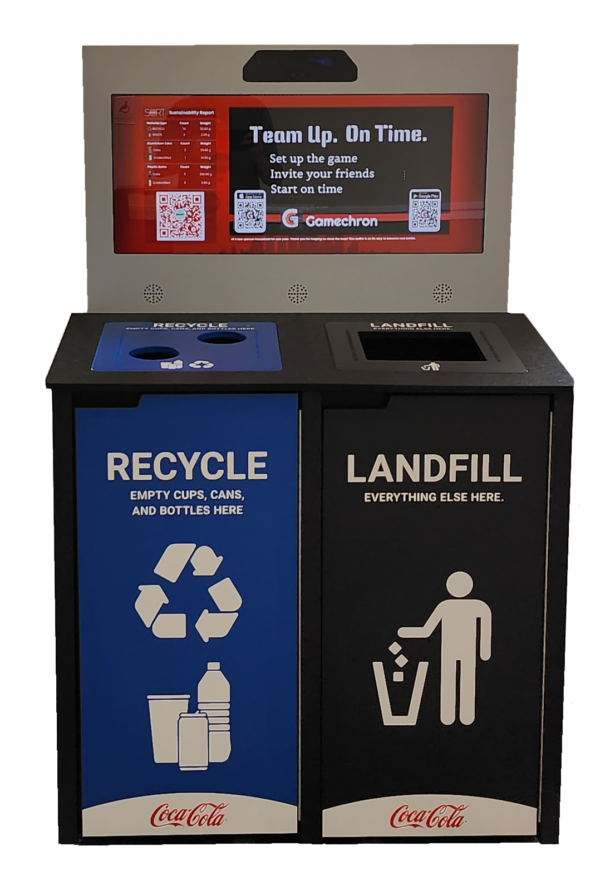Sustainable trash practices at stadiums and the life cycle are becoming increasingly important as more and more people attend sporting events. Stadiums and arenas generate a significant amount of waste, including food waste, plastic waste, and other materials. However, there are many initiatives and programs that have been successful in reducing waste and promoting sustainability.
One example of a successful waste optimization program is the program implemented at the Mercedes-Benz Stadium in Atlanta, Georgia. The stadium has implemented a comprehensive waste management program that includes composting, recycling, and food waste reduction. The program has been so successful that the stadium has achieved LEED Platinum Certification, the highest level of certification for sustainable buildings.
Another example of a successful waste optimization program is the program implemented at the Tokyo 2020 Olympic Games. The games were designed with sustainability in mind, and the organizers implemented a number of initiatives to reduce waste and promote sustainability. These initiatives included using recycled materials for the medals, using renewable energy sources, and implementing a comprehensive waste management program.
Circular recycling efforts have also been successful in reducing waste at sporting events. These efforts involve collecting waste materials and recycling them into new products. For example, plastic cups and bottles can be collected and recycled into new plastic products. This reduces the amount of waste that ends up in landfills and promotes sustainability.
Phasing out single-use plastics is another important initiative in sustainable trash practices at stadiums and the life cycle. Single-use plastics, such as straws and utensils, are a major source of waste at sporting events. By phasing out these products and replacing them with reusable or compostable alternatives, stadiums and arenas can significantly reduce their waste and promote sustainability.
Collaboration among all parties involved is necessary to drive radical change and build a more inclusive circular economy. This includes stadium owners, event organizers, waste management companies, and fans. By working together, we can create a more sustainable future for sporting events and reduce our impact on the environment.
Sustainable trash practices at stadiums and the life cycle are becoming increasingly important as more and more people attend sporting events. There are many initiatives and programs that have been successful in reducing waste and promoting sustainability, including circular recycling efforts, phasing out single-use plastics, and comprehensive waste management programs. By working together, we can create a more sustainable future for sporting events and reduce our impact on the environment.




